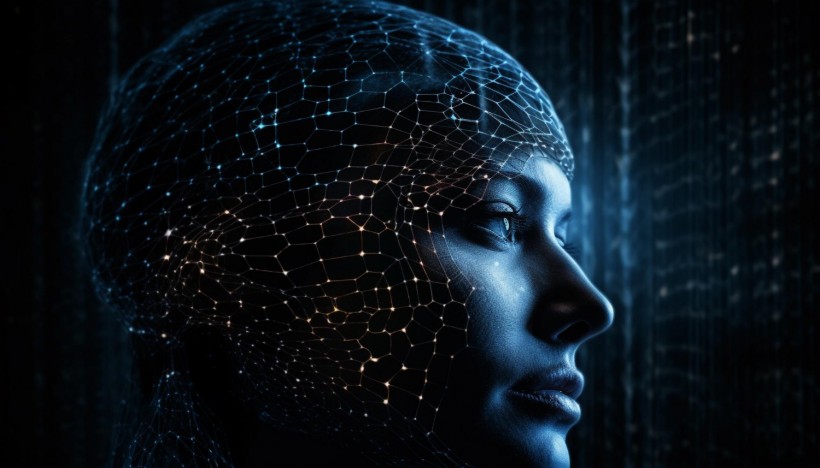
For those wondering what comes next for OpenAI, the company behind ChatGPT and other tools like DALL-E-3, the answer seems to come in the form of "Agents." A report by The Information, and later confirmed by other news outlets, claims that OpenAI is hoping to develop autonomous AI assistants (Agents) that will have access to both hardware and the web. They will perform tasks without supervision, acting independently within certain parameters to do everything you would normally do on a smartphone or computer.
You might consider an Agent as an autonomous, smarter form of Amazon's Alexa or Apple's Siri, but that description is a little facile. On the other hand, some have been comparing Agents to Tony Stark's J.A.R.V.S. system in the Iron Man comics and movies, which is, of course, a little too far out there, but it does give you an indication of where we are going.
Could an Agent Trade on Your Behalf?
OpenAI has been relatively tight-lipped about the reports, but they have intimated that they are legitimate. The idea of these so-called Agents is not without some pushback, though, questioning how they would work, the dangers involved, and the architecture needed for such a development (more on that a little later). But first, let's look at the difference between AI bots, such as ChatGPT, and what is being theorized with Agents. We will use the example of financial trading:
Financial traders may use ChatGPT for a variety of activities. Effectively, though, they may talk to the bot and ask it questions in order to frame a trade idea. Some may use specialized GPTs for this task, which are effectively mini versions of ChatGPT that are experts in specific fields. Now, the trader may use the bot as a sounding board, even argue with it, and then they will act accordingly, i.e., by opening their trading account and making the trade.
An Agent would be a step up. The trader may be asleep, and the Agent could access an online trading platform in the middle of the night in order to execute a trade—buy a stock, trade a CFD, short the housing market, and so on—without the trader's knowledge. Of course, there must be some guardrails set up by the trader, but you get the picture: The Agent acts independently to trade on your behalf. This is not a completely ridiculous idea, as online traders already use tools for auto trading, algo trading, and copy trading. But the independence of the Agent, as well as its access to your hardware, would be something truly novel.

Access and Trust Are Key Issues
The key term is "access," and as we mentioned, the Agents will have both access to your hardware (your smartphone/PC) and the web (to access a trading account, your calendar, and so on). Of course, not all of this is completely new. You may already ask Alexa to turn off the lights, or your smart heating system may work independently to turn on the heat when it's cold outside. However, the real difference lies in removing human interaction and the ability to act truly independently. We go from "Alexa, turn off the lights" to an Agent "booking the flights," not because you told it to, but because it read a message exchange between you and your boss where you agreed to go to New York for a conference.
"Trust" is obviously another important factor here, and you can be sure that there will be a lot of pushback against OpenAI in this respect. There will be limits on that access and a lot of questions over what constitutes private data. Permission must be given on both sides of the exchange, and not everyone will be comfortable knowing an AI agent is monitoring a conversation. There is also a broader question of trust: In our example of financial trading, it's going to take a long time for a trader to feel comfortable with an AI making decisions. Remember, for all ChatGPT's impressiveness, it makes a lot of mistakes. The technology still feels far too raw for anyone but the most idealistic proponents to allow it to act truly independently.
None of this will happen tomorrow, of course. And one of the reasons for that is structural. As we mentioned earlier, our architecture has limitations. The compute/chip power on a standard smartphone or laptop is not powerful enough to run an Agent with the scope we have set out here. OpenAI boss Sam Altman has recently been courting investors for trillions of dollars (not a typo; trillions of dollars) to revolutionize how we produce chips—is this a coincidence? Probably not. It's going to take a lot of power to build this kind of architecture, and it might take years to get there.
The truth is that these Agents will probably start a little bit more prosaically. Consider a secretary making use of an Agent to help with repetitive tasks, such as scheduling, employee payrolls, and so on. Later, we may be comfortable with the idea of an Agent booking a flight or hotel at our behest. But it's going to take a huge leap of faith for us to allow an Agent to act independently, even if certain guardrails are put up.
Conclusion: A Step Too Far?
But it's important to stress what a leap this is. All the hysteria we have seen with AI over the last 18 months has largely been down to the success of ChatGPT. However, the parameters for ChatGPT are firmly set. It is a chatbot, and its functions are specifically to answer questions and retrieve information. It cannot "act." An Agent will be able to act, and that feeds into our more dystopian worries about artificial intelligence. It's going to take a lot of work for OpenAI to pull this off, but many will believe it's a step too far for artificial intelligence.
* This is a contributed article and this content does not necessarily represent the views of sciencetimes.com














